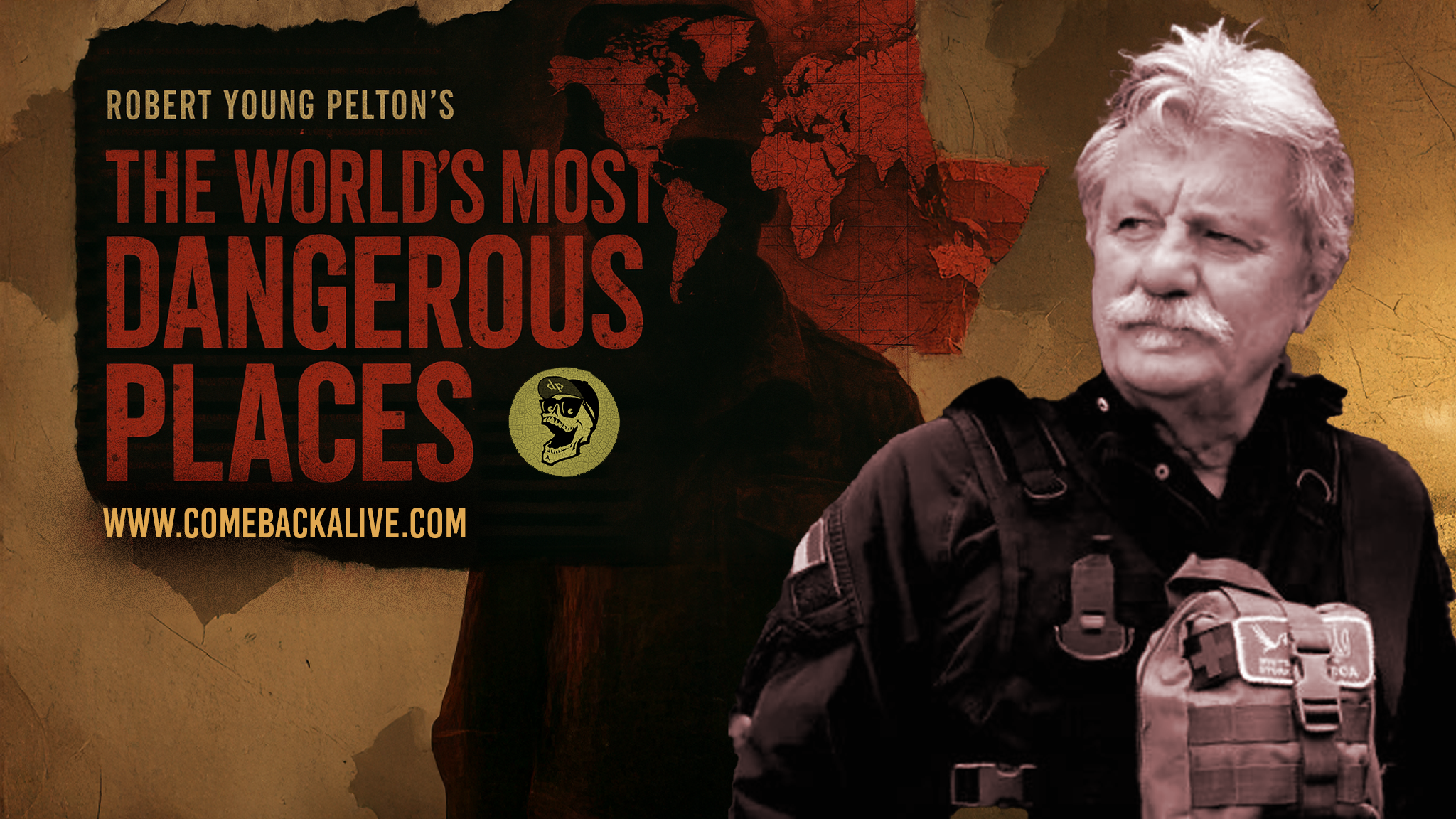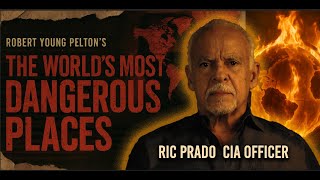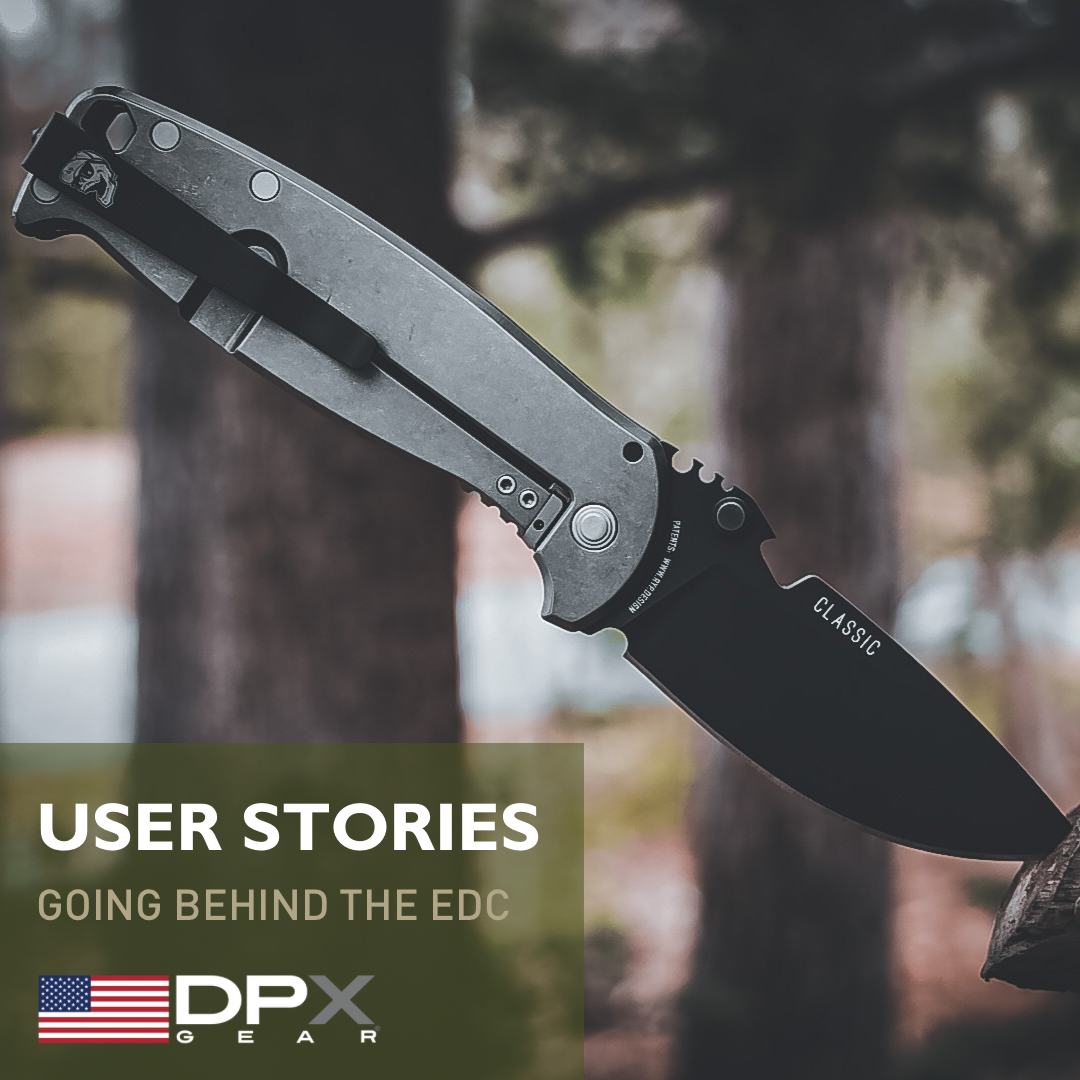
The World's Most Dangerous Podcast is Here
Inside the Mind of Danger: Robert Young Pelton
The Man Behind the Book
When Reza Allahbakshi, a survival instructor and journalist, first picked up a battered used copy of The World’s Most Dangerous Places, he didn’t expect the man behind it to be so complex. Pelton, the author in question, isn’t just a writer — he’s a lumberjack, marketer, blaster’s assistant, television host, and, most notably, a relentless and fearless explorer of the globe’s most volatile zones.
In this rich and often philosophical conversation, Pelton pulls back the curtain on his origins.
Who Is Robert Young Pelton?
Pelton’s life defies linear biography. He’s lived three very distinct lives: a blue-collar laborer in the Canadian North, a successful marketing executive, and finally, the intrepid chronicler of the world’s most dangerous places. But as he explains, the man on TV promoting the book in a tailored suit was met with confusion — viewers expected a jungle-worn Indiana Jones, not a corporate strategist with a flair for dark humor and hard facts. Pelton rejects the cliché of the swashbuckling adventurer, saying that version of him “doesn’t exist.” What he brings instead is a detailed, useful, and frequently funny look at global hotspots that most people would never think to visit.
Writing the Ultimate Dangerous Travel Guide
Pelton conceived of The World’s Most Dangerous Places after realizing that there were no modern guides that provided serious, practical advice for travel to conflict zones. When he pitched the concept, he was met with skepticism. “Why would anyone want a book about places they don’t want to go?” publishers asked. But Pelton, inspired by the explorer guides of the 18th and 19th centuries, knew there was value in information — even about places you might never visit. The first edition was a compendium of contacts, tips, and first-hand intelligence gathered before the internet made everything instantly accessible.
As Pelton begins work on the long-awaited new edition of The World's Most Dangerous Places, he reviews what has made it popular.
The Problem With Modern Media and Fear Social media, he argues, is amplifying fear for the sake of clicks.
“Fear is a tool,” Pelton notes. “It drives engagement.”
Misleading images and manipulated narratives dominate, creating confusion and unnecessary panic. Instead of stoking fear, Pelton’s work encourages understanding. He stresses the need to befriend locals, learn cultural norms, and keep an open — yet trained — mind.
Deprogramming the Fear Mentality
One of the deeper themes of the interview is the psychology of fear. Pelton believes many Americans have been conditioned and aggravated by post-9/11 narratives to view the world as hostile. The concept of the “Global War on Terror” turned strangers into potential enemies and unfamiliar places into war zones. “The world became scary,” he says, “but it didn’t actually get more dangerous.”
Statistically, there are fewer wars today. And even in places like Ukraine or Gaza, one can often navigate away from the frontline and still have a meaningful experience. Turning Away From Adrenaline Toward Wisdom Despite his decades in war zones and remote jungles, Pelton isn’t driven by thrills. Instead, he finds the intensity refreshing, educational, and restorative, describing his first trips into the unknown and away from corporate burnout, toward fulfillment.
After losing mentors and seeing peers die young, he realized he needed to pursue his real passion, not tomorrow, but now. He became a professional adventurer and chronicler of conflict for the world's largest and best-known media outlets. National Geographic, Discovery, CBS, ABC, CNN, Foreign Policy, Vice, and more.
Practical Lessons Learned the Hard Way
The most surprising takeaway? This isn’t just a book for mercenaries or journalists. “Normal people” — students, teachers, backpackers — have written to Pelton to say the book changed their lives. It inspired them to chase their dreams, work in humanitarian roles, or finally take that trip they had been putting off.
The Lessons That Keep Giving
Despite the move toward digital formats, Pelton notes with a laugh that the physical book has unexpected powers: “People tell me they get laid more carrying this around. It’s like walking a dog.” Dog-eared copies with taped spines have become a badge of honor. But beyond the charm and humor, The World’s Most Dangerous Places is a tool — one built from real sweat, bullets, heartbreak, and hope. It’s meant to empower, not intimidate.
Conclusion: Survival is More Than Survival, It is Living Well
Pelton closes the interview not with bravado, but with philosophy. “Ask yourself what you want to do more of. Then do that,” he says. Whether it’s walking your dog, going to Libya, or writing your own damn book — the point is to live your life the way you dream it.
Leave a comment
Comments will be approved before showing up.
Also in News

Beyond Black Ops: Ric Prado’s Life and Untold Stories of Espionage
Robert Young Pelton sits down with Enrique “Ric” Prado, a decorated CIA officer whose covert work shaped decades of U.S. paramilitary operations. Known for his leadership in the Contra War, counterterrorism missions, and the development of modern “find, fix, finish” kill teams, Prado’s life reads like a spy thriller. Pelton and Prado share a mutual friend, CIA legend Billy Waugh, who goes beyond what was allowed in his best-selling book and takes the audience into uncharted, dangerous, and never-before-discussed territory.

DPx Gear Releases the DPx HEST/F 4.0 Ti
It is a rare moment when a product, a designer, and a legacy blend into one perfect moment. Robert Young Pelton has been working and living in the bush, war zones, and dangerous places since he was ten. He designed his first knife in 2008, and 17 years and over two dozen patents later, he is still perfecting the Hostile Environment Survival Tool—a proven design that is beautiful, ergonomic, dependable, and functional. In that obsession lies an ancient concept of elegance, form, and function, designed to be used roughly and to age with grace. This is a perfection of that vision.

